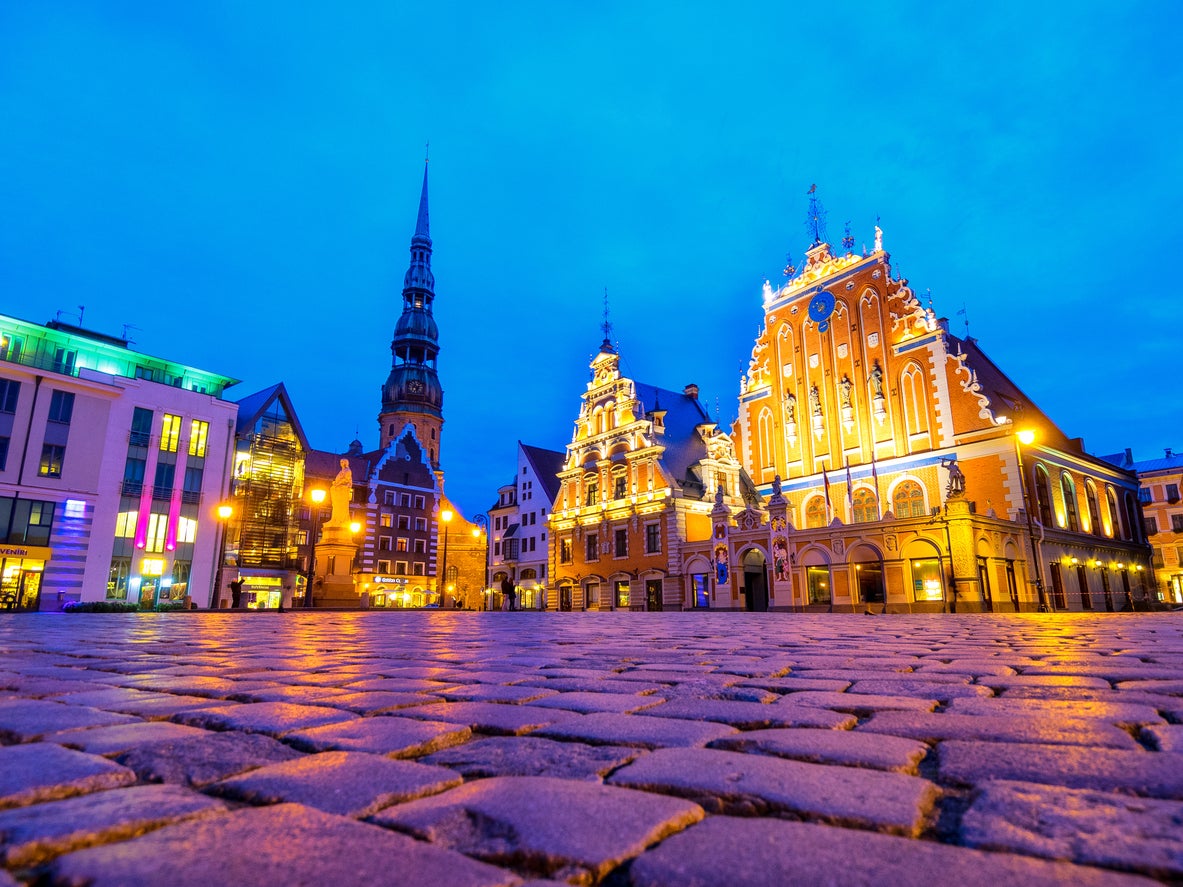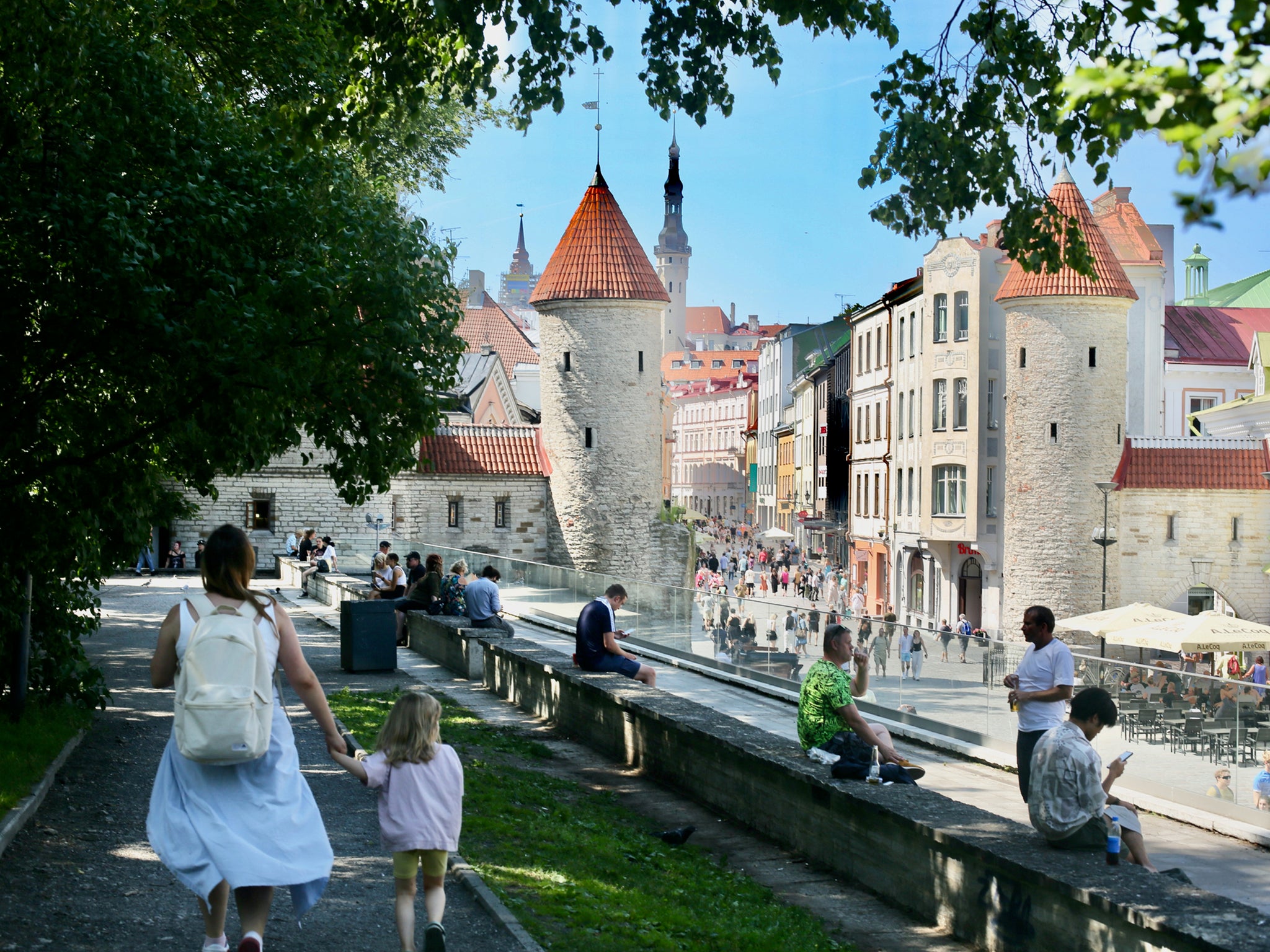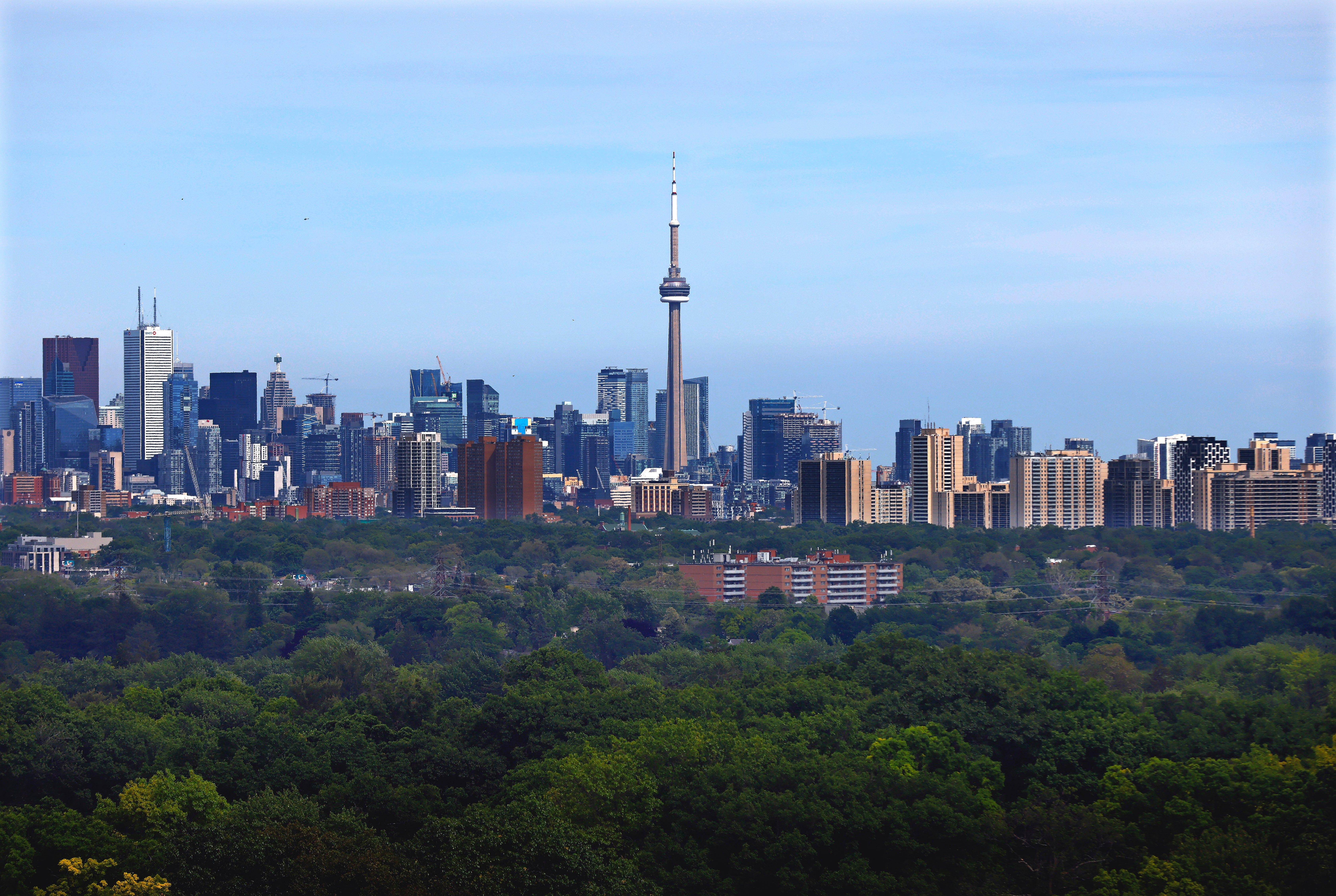What are my rights if easyJet subcontracts my flight to another airline?
Simon Calder answers your questions on subcontracted flights, visiting the Baltic states and Canadian quarantine rules


Q What are my rights if my airline easyJet subcontract my flight to SmartLynx the day before I fly? I have paid extra to fly easyJet and not another airline (previous poor experience). I see SmartLynx have very poor reviews.
Caspar D
A You have the right to be flown safely and professionally to your destination on whichever plane easyJet sees fit to arrange. Bluntly, if the alternative would be for easyJet to cancel your flight through lack of resources, the airline should be commended for throwing money at the problem and engaging the Latvian airline, SmartLynx, to operate it.
The practice is known as “wet leasing”: airline A asks airline B to provide the plane, pilots and cabin crew. Personally I am always happy to experience different airlines, so I regard wet leasing as a plus. But I can also see that many passengers who buy a specific brand such as easyJet will find it annoying.
Smartlynx is one of several European carriers (others include Titan of the UK and Wamos of Spain) who specialise in providing cover for big scheduled airlines – as well as ad-hoc flights, for example for football teams and government repatriation missions.
They are known as ACMI (aircraft, crew, maintenance and insurance) providers, and are checked thoroughly by the Civil Aviation Authority (CAA) before being allowed to carrying passengers from UK airports. As with any travel product, the existence of poor online reviews is not grounds for being allowed to cancel. And easyJet promises: “On board you’ll be met by an experienced crew who have been trained to deliver our warm and friendly service.”
If you are unhappy with your experience with SmartLynx, then you may, of course, choose to avoid easyJet in future in case the same thing happens. But I am afraid there is no way to guarantee “book easyJet, fly easyJet” – or any other airline, particularly this overstretched summer.
Last month I flew from London Heathrow to Rome on the Spanish airline Iberia, having booked British Airways. BA is also using Finnair to fill some of the gaps in its schedules, and in the past (during a cabin crew strike) even engaged Ryanair to help out between Heathrow Terminal 5 and some European destinations. In turn, a Ryanair flight I booked from Seville to London Stansted turned out to be an Air Arabia jet. All were just fine.

Q Having left it too late to visit Russia, we are considering exploring the Baltic states. Would you recommend doing so, and if so what are the highlights? And can it be done without self-drive? We like trains, and comfy coaches, but having an excellent driver on Indian trips was particularly rewarding. We learnt as much from our drivers about real life as from the accredited guides lined up for us. Is this sort of an arrangement available (and affordable) in the Baltics?
Annie N
A Yes, I have visited the Baltic republics of Lithuania, Latvia and Estonia multiple times and recommend a visit. But unless you have the luxury of several weeks, I suggest you start with the most rewarding in tourism terms: Estonia. The smallest of the three nations (twice the size of Wales) packs the most interest and you can easily fill a week or two exploring it.
Start at the capital, Tallinn, whose Old Town comprises one of the most exquisite urban centres in Europe. Cottages and mansions with pastel facades line cobbled lanes that clamber to a hilltop. From a series of vantage points, you can survey the spires and the city beyond – a mix of modernity and Soviet relics.
To be transported back to the USSR, go east to the city of Narva – pausing at Sillamae, a former Soviet “model town” for workers in the nuclear industry, where the cultural centre is a shrine to days when Estonia was dominated by the Kremlin. At Narva itself, you can gaze across a broad river at the forbidding beauty of Russia.
Then head southwest, pausing to visit the wooden churches of Mustvee, perched on a lake that is shared with Russia. Then continue to Tartu: Estonia’s second city, home to the spectacular National Museum and one of the European capitals of culture in 2024.
Travel is quick, easy and reliable – and while there is a rail network of sorts, the bus is the way to go for speed and frequency. The main bus operator is the excellent Lux Express, though Flixbus and Ecolines are also good. Each offers comfortable, swift journeys. You could happily negotiate for a driver at good rates, though – best done with your hotel reception.
Best of all, there is a post-Covid guidebook, written by Neil Taylor and published by Bradt, that is much more up-to-date than the average European travel guide.

Q Both my wife and I tested positive with Covid three weeks ago and are now fully recovered. We are going to Canada on 8 September. We are both fully vaccinated and boosted. But if we are randomly selected for testing on arrival, could we fall foul of the new hotel quarantine rule?
Mark
A Even in the third summer since the start of the Covid pandemic, all manner of traps await the traveller. One of the strangest, to my mind, is the new requirement from the Canadian authorities for a post-arrival test for a random selection of travellers, including international visitors.
Initially, when Canada opened up last year, like many nations it required a pre-departure PCR test. If you tested positive, you were not going to Canada. But the new policy involves a more substantial risk.
The selected traveller is notified within 15 minutes of clearing airport formalities. An email instructs you to take a test on the day of arrival or the following day. It is a PCR test paid for by the Canadian authorities. You, though, have to sort out a place and a time to take the test. The result may take up to four days to arrive, you are told – and one traveller contacted me on social media to say that they have been waiting 10 days since they were randomly selected and took the test.
During the time you are waiting for the test and the result, there is no need to self-isolate. You can travel far and wide. If the result is positive, though, you must immediately contact the authorities and discuss quarantine options – which, for overseas visitors, is likely to be a Canadian government-funded quarantine hotel for 10 days.
That is no one’s idea of a Canadian holiday. So why has the health ministry done it? One possibility is that they are aiming to deter anyone who might intend to travel to Canada even though they knew they were a Covid carrier, or is symptomatic but has not yet taken a test.
Oddly, the policy applies only to the leading arrival points of Montreal, Toronto, Calgary and Vancouver. So if you fly into Halifax, Quebec City or another smaller airport, there is no risk of being selected. Even if you are going into one of the “big four“, the chance of being selected multiplied by the risk of a lingering infection showing up produces an extremely low probability of hotel quarantine. I suggest you simply look forward to your trip.
Email your questions to s@hols.tv or tweet @SimonCalder






Join our commenting forum
Join thought-provoking conversations, follow other Independent readers and see their replies
Comments